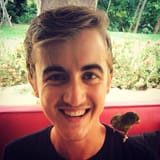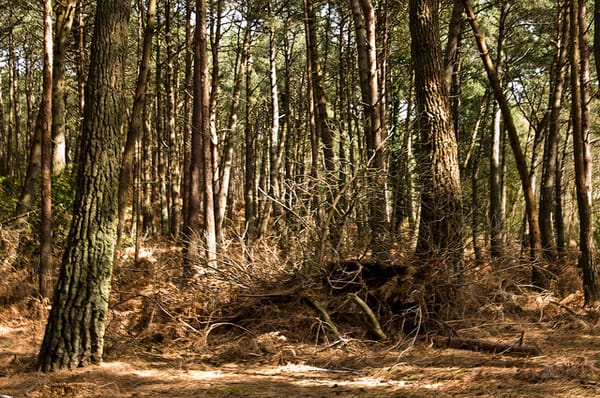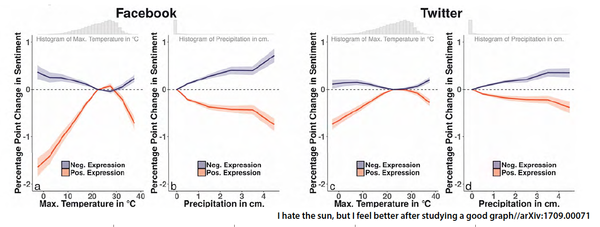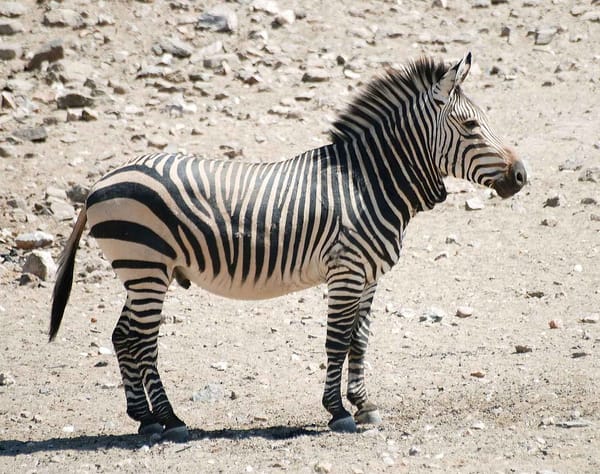Chasing kaleidoscopic corals in Jordan’s Red Sea
Linking up with the Gulf of Aqaba’s undisputed coral conservation leaders

This summer marked the release of Chasing Coral on Netflix UK. The documentary follows a group of divers and scientists documenting disappearing coral reefs across the globe. The team used the technology behind Google’s Street View to create a set of 360-degree images, allowing anyone with internet access to take virtual dives at world-class dive spots. They also conducted surveys to better understand changing reef health.
The cause of the disappearing reefs and, arguably, the largest current threat to reef ecosystems is coral bleaching, a phenomenon caused by rising water temperatures. When water becomes too warm, coral polyps expel their symbiotic algae. Without the energy provided by the algae many corals starve, with knock-on consequences for the rest of the ecosystem. Unfortunately this is an increasing problem, with 2016 having one of the longest and most severe global bleaching events on record.
One area that has thus far been spared is the Red Sea. In spite of the high temperatures experienced throughout the summer, the majority of corals have managed to avoid bleaching entirely, although some localised outbreaks have been reported. As a result it has been proposed that these corals could help to regenerate coral communities in other locations that have been lost due to bleaching.
This highlights the criticality of protecting such ecosystems, and luckily the corals here appear to be more bleach-resistant than most. Yet despite their resilience when it comes to bleaching, Red Sea corals do face threats in the form of unsustainable shipping practices and increases in tourism. If the area is not fully protected, we therefore risk losing not only a beautiful ecosystem, but also an invaluable bank of corals that could help to mitigate the impact of future bleaching events.
Enter Ahlan Aqaba Scuba Diving Center. Owner Shadi Hatoky and his team are the only PADI centre in the area with a Green Star Award, thanks to their collaborations with Project AWARE innovatives to conduct reef health surveys and – most importantly – actively rid dive sites of trash. Upcoming partnerships include educational projects with the Royal Marine Conservation Society to improve public understanding of conservation. Ahlan Aqaba are leading by example when it comes to protecting the local area, and are also now offering internships for divers intending to acquire that coveted Divemaster certification.
Aside from the encouraging conservation efforts underway, the diving in the Red Sea is world class. There are generally no strong currents, palatable water temperatures, and excellent visibility. The spots on offer include the majestic Japanese Gardens, whose kaleidoscope of colour will keep you entertained for as long as your tank has oxygen. There’s also a shipwreck, best explored by night, followed by a top deck barbecue and late night boat party. Overall, Aqaba is a fantastic place to spend a few days getting lost beneath the waves.
For more information on Ahlan Aqaba diving and internships visit diveinaqaba.com or contact the Editor.









